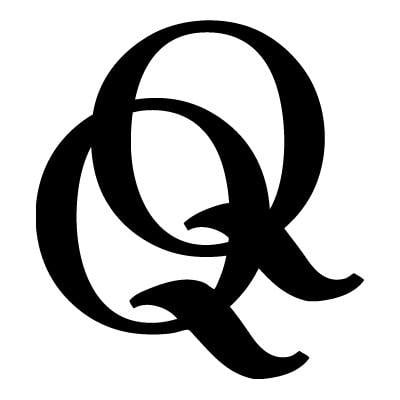The fallout from Hal Niedzviecki’s controversial editor’s note in the most recent issue of the Writers’ Union of Canada’s Write magazine continued unabated throughout the past weekend.
Niedzviecki quickly resigned as editor of TWUC’s official quarterly magazine on May 10, after protests were raised online over a tongue-in-cheek piece suggesting the implementation of an “appropriation prize” for the “best book by an author who writes about people who aren’t even remotely like her or him.” The call came in an issue devoted to Indigenous writers and writing; Tuscarora writer Alicia Elliott, whose essay in the magazine criticizes the practice of cultural appropriation, was among the first to call the editorial out on Twitter.
Since then, the controversy – which snowballed after a group of white editors jokingly suggested they would contribute money to fund the appropriation prize – has received international media attention, with articles appearing in The New York Times and The Guardian.
Speaking to CBC’s Matt Galloway on the morning of May 15, Indigenous writer and critic Jesse Wente summed up his feelings about Niedzviecki’s editorial and the various responses to it by saying, “The biggest challenge coming out of this for the Canadian media is going to be how you re-approach to the Indigenous community after this.”
In an interview with CBC’s Anna Maria Tremonti, Niedzviecki stated that he “wanted to touch on a very heated subject” in his editorial, but added that he meant to invoke the idea of cultural appropriation “in the context of literature and writing only.” In a Facebook post on May 12, Niedzviecki said that calls for an actual appropriation prize “are extremely unhelpful.”
One of the people contributing to those calls on Twitter was Jonathan Kay, who announced on Saturday he would be stepping down as editor-in-chief of The Walrus magazine, though he stated that his decision was the result of ongoing creative differences regarding the editorial direction of the magazine. Kay, who participated in the Twitter discussion about a potential appropriation prize but did not offer to contribute money to fund it, also published an opinion piece in the National Post decrying the “self-flagellating TWUC officials” who publicly apologized for the piece, and suggesting that cultural appropriation is a subject that should be debated in the public sphere.
Though writers such as Kay, Elizabeth Renzetti, and Christie Blatchford were quick to condemn the reactions to Niedviecki’s column as censorship and a quashing of debate, others pointed out that the controversy resulted from a conflation of two separate ideas: the ability of writers to write in other voices, and theft of cultural stories and heritage. Niedzviecki was criticized for pointing out that “CanLit subject matter remains exhaustingly white and middle-class” but then concluding that the solution is to have white writers appropriate voices from other cultures, rather than making room for members of those other cultures to tell their own stories.
One of the most cogent responses to Niedzviecki’s essay came from Joshua Whitehead, a Oji-Cree writer who was featured elsewhere in the recent issue of Write. In an online addendum to his essay, Whitehead writes, “If your literature has run dry, entered its drought, don’t come to us for new kindling, that’s your fire to keep. You want to seek out ‘truth telling’ through appropriation? Here it is: you’ve already won your appropriation prize – that’s 150 in the making.”
The TWUC National Council issued a statement on May 15 reiterating its apology for offense caused by the editorial and outlining future measures to be implemented, including a review of the process by which opinion pieces are vetted. The statement also indicates that the council is “deeply disappointed by the actions of others outside the Union to capitalize on this situation and make matters even worse for those we offended.”



 Contact us via email
Contact us via email

